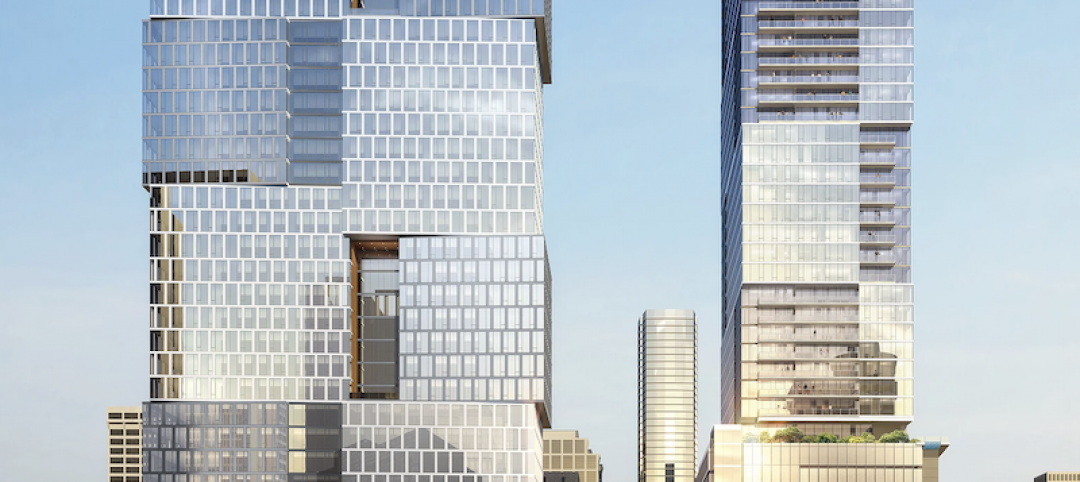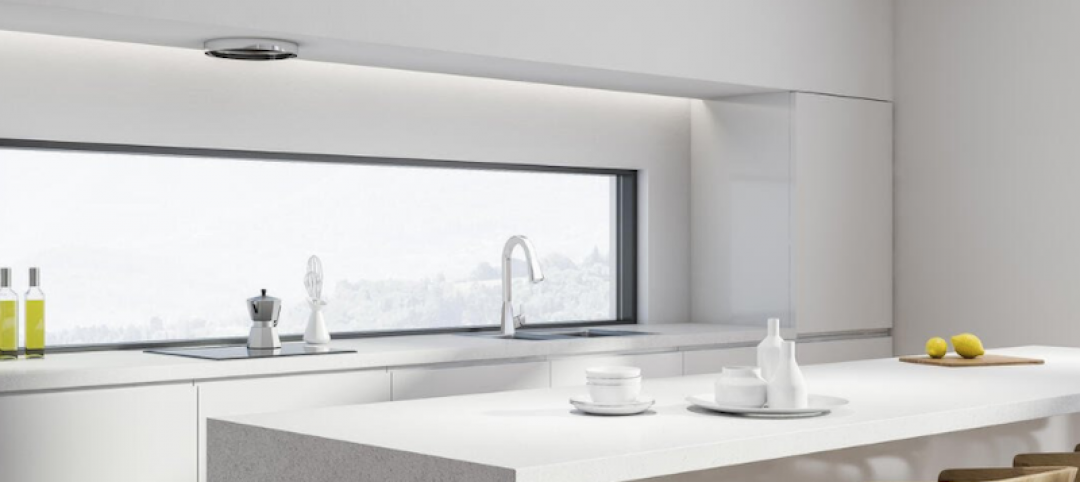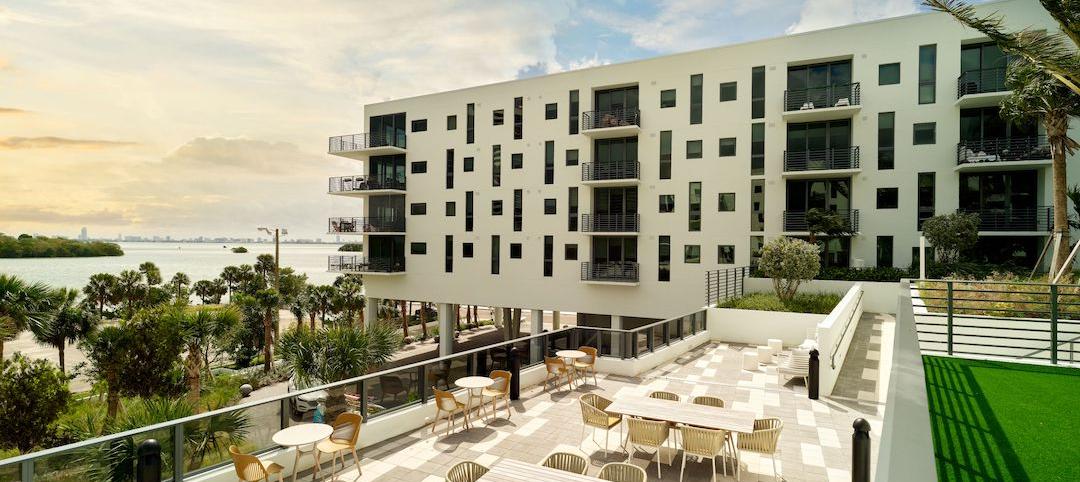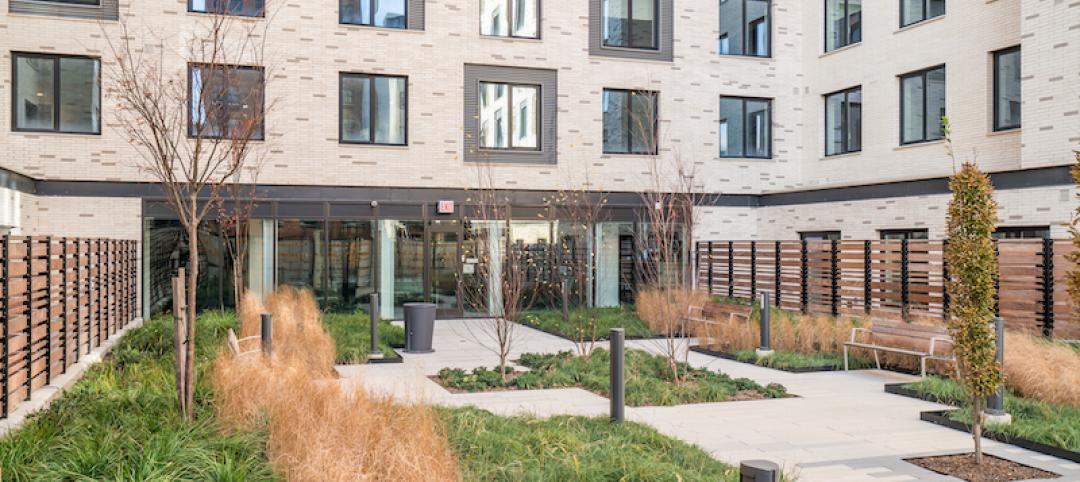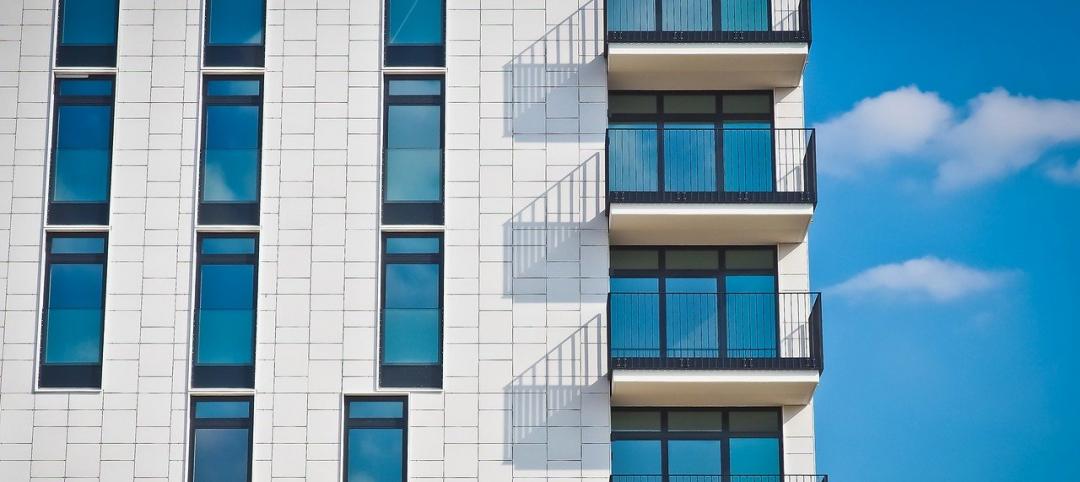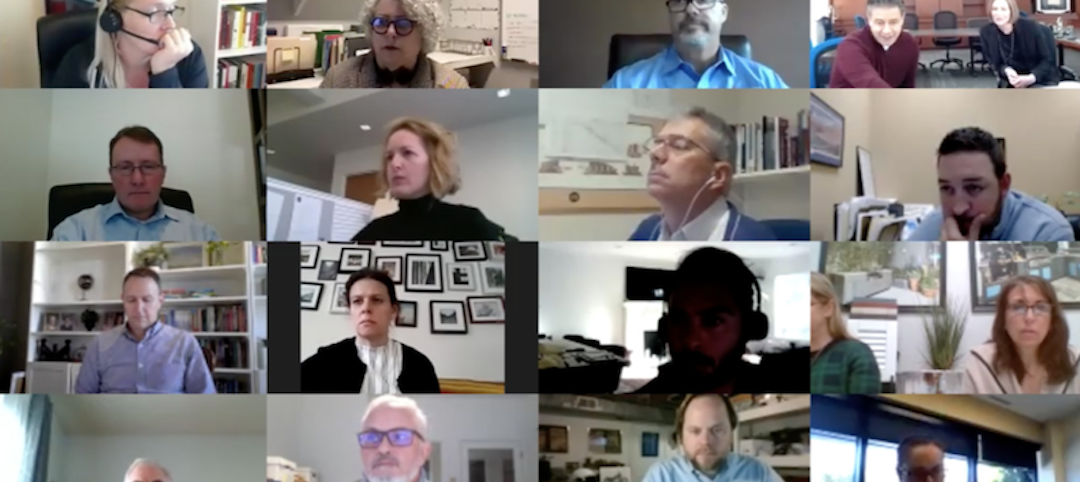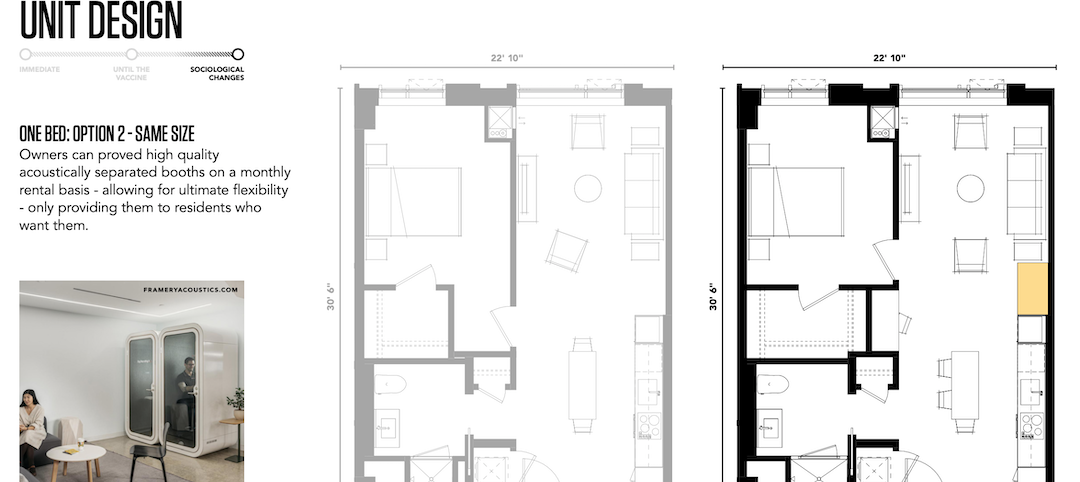In its latest Supply and Demand Outlook for the Los Angeles Apartment Market, the real estate brokerage and research firm Marcus & Millichap stated that L.A. “is in the midst of the largest housing boom in decades, as developers rush to complete projects in the county.”
Last year, 10,200 rental apartments came online in Los Angeles, and another 8,500 could be added in 2015.
That construction activity should be good news for Los Angeles’ overall economy, if history repeats itself. Research commissioned by the National Multifamily Housing Council and the National Apartment Association finds that apartment construction, operations, and resident spending contributed $63.1 billion and supported more than 534,900 jobs in the Greater Los Angeles area in 2013.
Those findings were released earlier this week by the Apartment Association of Greater Los Angeles, which represents 20,000 building owners and managers in Southern California.
In 2013, Los Angeles had 3,039,590 million people—23% of its population—living in 1,272,968 occupied rental homes and apartments. Thirty eight percent of those apartments are one-person households.
In 2013, Los Angeles had 3,039,590 million people—23% of its population—living in 1,272,968 occupied rental homes and apartments. Thirty eight percent of those apartments are one-person households. Apartment residents wielded $23.4 billion in spending power.
The study reports that two-thirds of the building permits issued in Los Angeles County were for multifamily. And it breaks down the economic contribution of apartment construction ($5 billion, or more than any other metro area in the country), operations ($11 billion), and rents ($47.1 billion).
Marcus & Millichap, though, raises some red flags about whether this economic bounty will continue. It notes that anticipated upward pressure on interest rates could temper investors’ enthusiasm for the apartment sector, further dissipating the buyer pool.
The research firm also notes that recent weakness in absorptions and rent growth—the latter of which increased by 4.4% in 2014 and is expected to rise by 5.2% this year to an average of $1,842 per month—might also make investors think twice about projects still on the drawing board.
Related Stories
Multifamily Housing | Apr 22, 2021
The Weekly Show, Apr 22, 2021: COVID-19's impact on multifamily amenities
This week on The Weekly show, BD+C's Robert Cassidy speaks with three multifamily design experts about the impact of COVID-19 on apartment and condo amenities, based on the 2021 Multifamily Amenities Survey.
Multifamily Housing | Apr 20, 2021
Two new residential towers set to rise in Nashville
Goettsch Partners is designing the buildings.
Multifamily Housing | Apr 14, 2021
Miami's Adela at MiMo Bay combines a residential building with an American Legion facility
The five-story residential building features 236 units and a new American Legions Facility for military veterans.
Multifamily Housing | Apr 12, 2021
103 income-restricted residential units under construction in Downtown Denver
KTGY is designing the project.
Multifamily Housing | Apr 2, 2021
250-unit rental building opens in Brooklyn
CetraRuddy designed the project.
Multifamily Housing | Mar 30, 2021
Bipartisan ‘YIMBY’ bill would provide $1.5B in grants to spur new housing
Resources for local leaders to overcome obstacles such as density-unfriendly or discriminatory zoning.
Multifamily Housing | Mar 30, 2021
ProCONNECT Multifamily, ProCONNECT Single-Family open for Developers, Builders, Architects
Sponsors and Attendees can still sign up for ProCONNECT Multifamily April 21-22, ProCONNECT Single-Family for May 18-19
Multifamily Housing | Mar 28, 2021
Smart home technology 101 for multifamily housing communities
Bulk-services Wi-Fi leads to better connectivity, products, and services to help multifamily developers create greater value for residents–and their own bottom line.
Multifamily Housing | Mar 27, 2021
Designing multifamily housing today for the post-Covid world of tomorrow
The multifamily market has changed dramatically due to the Covid pandemic. Here's how one architecture firm has accommodate their designs to what tenants are now demanding.



